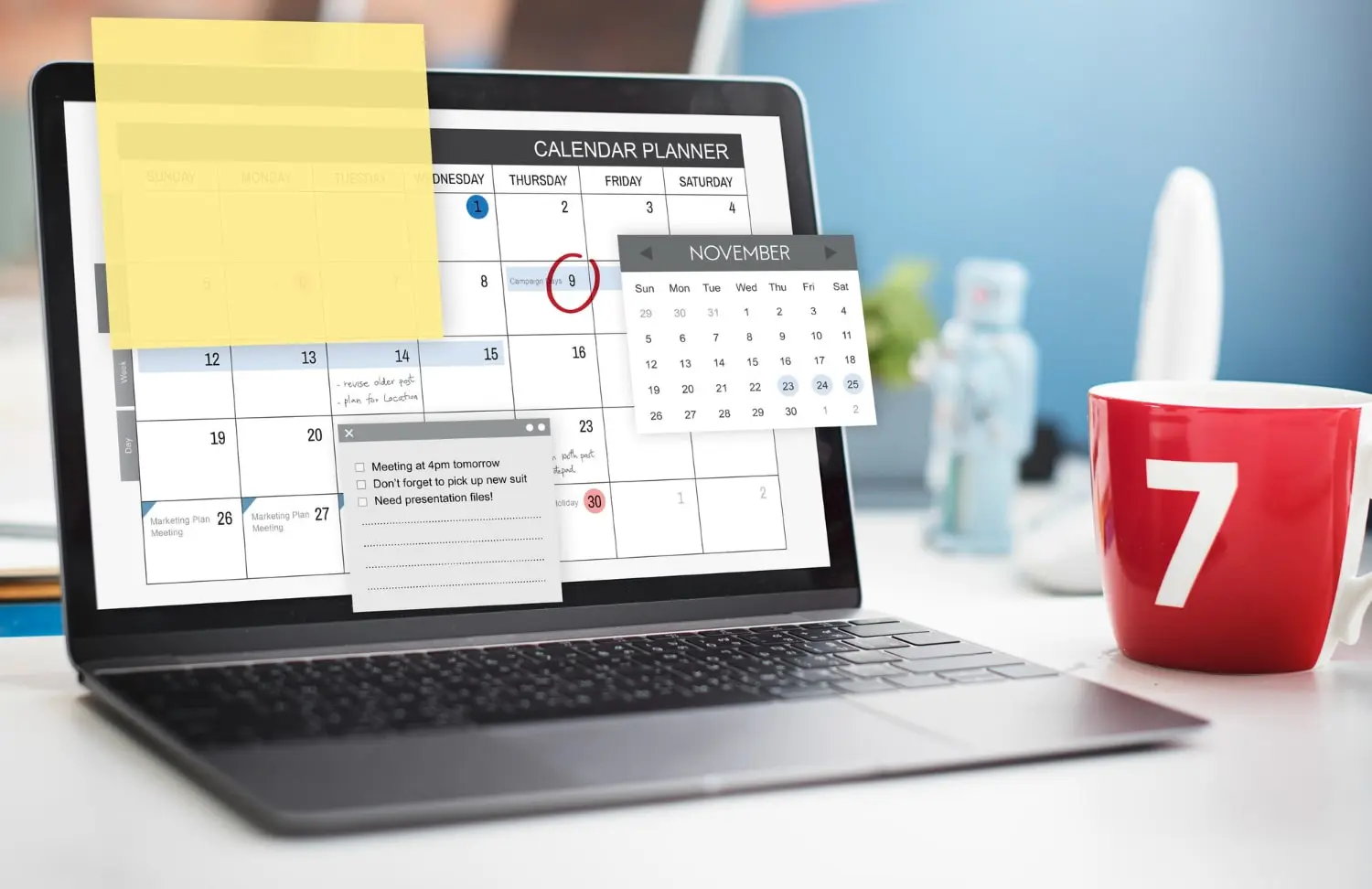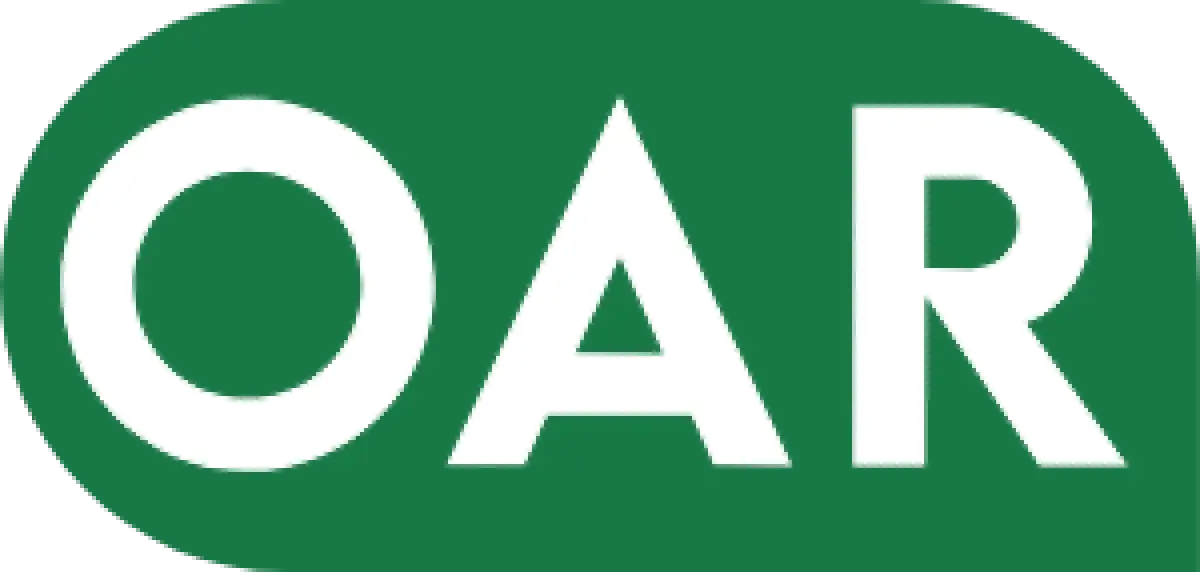How to Implement Effective Reminder Systems for Overdue Invoices?
Jul 03, 2024

Many companies struggle with ensuring timely payments, often facing challenges that range from customer forgetfulness to economic downturns. Implementing an effective reminder system is a strategic solution to this common problem. It helps ensure that invoices are paid promptly and reduces the strain on the business’s finances. This involves not just sending out reminders but doing so efficiently, professionally, and with respect for client relationships.
In this guide, we will explore the steps and best practices for setting up a robust reminder system, discussing both automated tools and manual techniques to help businesses manage overdue invoices effectively.
Tools and Technologies for Managing Reminders in Overdue Invoices
With the advent of digital technologies, businesses can now leverage various tools to streamline the reminder process and improve the efficiency of their accounts receivable (AR) management. Here’s a detailed look at the tools and technologies that can help manage reminders for overdue:
Invoicing and Accounting Software
Invoicing and accounting software are indispensable tools for contemporary businesses, offering a comprehensive solution to manage financial transactions. Popular software options include:
- QuickBooks: Renowned for its user-friendly interface and robust features tailored for small to medium-sized businesses.
- Xero: Offers cloud-based accounting services with a strong emphasis on integrations and real-time financial monitoring.
- FreshBooks: Ideal for freelancers and small business owners, FreshBooks provides straightforward invoicing and expense tracking solutions.
- Zoho Books: A versatile platform known for its affordability and extensive integration capabilities with other Zoho products.
These software solutions typically include features that can significantly enhance reminder systems for overdue invoices:
- Automated reminders: Most invoicing software allows businesses to set up automatic reminders that are sent to clients at pre-defined intervals. This reduces the manual effort required and ensures timely follow-ups.
- Customisable templates: Businesses can use and modify predefined email templates, ensuring consistent and professionally presented reminders.
- Payment tracking and alerts: Real-time payment tracking enables businesses to monitor invoice status and receive alerts when payments are overdue.
- Integration with payment gateways: Facilitating easier and quicker payment options directly from the reminder emails, thereby encouraging faster client response.
- Dashboard and reporting: Comprehensive dashboards and reporting features provide insights into the AR status, highlighting overdue invoices and the effectiveness of the reminder system.
In-house Excel Spreadsheets - OAR’s Expert Advice
When properly formatted and integrated with other systems, simple Excel spreadsheets can be incredibly effective tools for managing accounts receivable. An expert in Excel can design spreadsheets that streamline AR processes, ensuring accuracy and efficiency. These specialists can create custom formulas and macros to automate repetitive tasks, reducing the likelihood of human error. Integrating Excel with other financial systems allows data to be easily synchronised, providing real-time updates and comprehensive financial overviews.
Excel's versatility allows for tailored reporting, enabling businesses to generate detailed AR reports that meet their specific needs. These can include ageing reports, payment tracking, and forecasting, all of which are crucial for maintaining healthy cash flow. The visualisation tools in Excel, such as charts and graphs, can help present data in an easily understandable format, facilitating better decision-making.
It also allows setting up alerts and reminders within spreadsheets to ensure timely follow-ups on outstanding invoices. This proactive approach helps minimise late payments and improve overall collection rates. Additionally, Excel's accessibility means that this powerful tool can be used without the need for expensive software or complex training.
While there are many advanced AR management platforms available, the simplicity and flexibility of Excel, when handled by a skilled specialist, can offer a robust solution for businesses looking to optimise their accounts receivable processes.
Customer Relationship Management (CRM) Systems
Customer Relationship Management (CRM) systems are designed to manage a company’s interactions with current and potential customers. They play a pivotal role in tracking client interactions related to overdue invoices by:
- CRMs store comprehensive client information, including payment histories, communication logs, and past interactions, all of which are crucial for managing AR.
- Every email, phone call, or meeting related to invoice reminders is logged, providing a complete follow-up record.
- CRMs can segment clients based on their payment behaviours, allowing for tailored reminder strategies for different groups, such as frequent late payers versus occasional late payers.
Dedicated Reminder Platforms
Dedicated reminder platforms are specialised tools focused specifically on managing reminders for overdue invoices. These tools are designed to streamline the follow-up process. Examples include:
- Chaser: A platform that automates the chasing of unpaid invoices with customisable email templates and schedules. However, based on our experience, the main issue with Chaser and similar platforms is that automated emails often end up in spam, so monitoring your domain health constantly is crucial. Additionally, emails sent to clients are altered with a strange ".com.sv1" suffix, causing concern as they might be mistaken for phishing or scam attempts.
- CollBox: Integrates with accounting software to automate reminders and also offers options for debt collection services if necessary.
- Invoiced: Provides a comprehensive AR management solution with features for automating reminders and payment collections.
Outsourcing AR Management
Outsourcing AR management can be a viable option for businesses that prefer not to manage overdue invoices internally. This approach involves contracting a third-party service provider to manage the accounts receivable process, including reminders and collections.
- Outsourcing to specialists ensures that the AR process is handled by experts who are dedicated to reducing overdue invoices.
- Frees internal resources, allowing the business to concentrate on core activities and growth.
- A professional AR management firm often has higher success rates in recovering overdue payments, which leads to improved cash flow.
When considering outsourcing, businesses should keep in mind the following:
- Cost vs. benefit: Weighing the cost of outsourcing against the potential benefits, including faster payments and reduced internal workload.
- Reputation and service quality: Choosing a reputable firm with a proven track record in AR management to avoid potential issues with client relationships.
- Integration with existing processes: Ensuring that the outsourcing service can integrate smoothly with the business’s current invoicing and financial systems.
Contact OAR to Handle Past Due Invoices
How to Create an Effective Reminder System
Creating an effective reminder system is an important part of managing overdue invoices and maintaining a steady cash flow. This process involves setting clear expectations, leveraging automation, and balancing manual and automated reminders.
Setting Clear Payment Terms and Conditions
Establishing clear and unambiguous payment terms is the foundation of any successful B2B invoicing process. These terms outline when payments are due, any applicable penalties for late payments, and the acceptable payment methods. Clear terms are crucial for:
- Preventing misunderstandings: Well-defined payment terms minimise the risk of disputes between businesses and clients. Clients who understand their obligations upfront are more likely to honour their commitments.
- Building trust: Transparent terms foster a sense of trust and professionalism. Business partners are assured of a company's commitment to clear and fair business practices.
- Facilitating legal enforcement: In cases where legal action is necessary, having explicit and enforceable terms can support claims for overdue payments.
To ensure business partners are fully aware of the payment terms, businesses should:
- Include terms in contracts and agreements: Make sure that payment terms are prominently displayed in all contracts and service agreements. This ensures clients review and accept the terms before services or products are rendered.
- Highlight invoice terms: Every invoice should clearly restate the payment terms, including the due date, payment methods, and any late fees or penalties. This serves as a constant reminder to the client.
- Verbal and written confirmation: Reinforce payment terms during initial discussions and in follow-up communications. Providing clients with a verbal overview and written confirmation helps ensure they understand and acknowledge the terms.
- Use of simple language: Avoid complex legal jargon that may confuse clients. Use straightforward and accessible language to convey payment expectations.
Contact Our Expert Team to Handle AR Management
Automation in Invoice Management
Automation has revolutionised invoice management, providing several key benefits, like:
- Efficiency and time savings: Automated systems handle repetitive tasks, such as generating and sending invoices, significantly reducing the administrative burden on staff. This allows employees to focus on more strategic activities.
- Consistency and accuracy: Automation ensures that invoices are sent out consistently and on time, minimising the risk of human error. This leads to more reliable cash flow projections and improved financial management.
- Improved cash flow: Automated reminders help reduce the time it takes to receive payments by promptly notifying clients of due dates and overdue statuses.
- Enhanced tracking and reporting: These systems often include features for tracking payment statuses and generating detailed reports, aiding in financial analysis and decision-making.
Manual vs. Automated Reminders
Choosing between manual and automated reminders depends on several factors:
| Pros | Cons | |
| Manual Reminders |
|
|
| Automated Reminders |
|
|
For the best outcomes, businesses should consider integrating both manual and automated reminder systems. This hybrid approach combines the efficiency of automation with the personal touch of manual communication.
Steps to Implement a Reminder System
Implementing a robust reminder system ensures timely payments and minimises the financial pressure from outstanding receivables.
The first step in implementing a reminder system is identifying which invoices are overdue. This involves regularly reviewing your accounts receivable to flag invoices surpassing payment due dates. Use your accounting software to automate this process, setting it up to instantly notify you of overdue payments. Accurate identification is crucial as it triggers the entire reminder sequence.
Once overdue invoices are identified, the next step is to schedule reminders. It’s essential to establish a systematic schedule that determines how frequently reminders should be sent.
Common practice includes sending the first reminder shortly after the due date, followed by subsequent reminders at progressively shorter intervals until the payment is received or further action is required. The timing should be carefully balanced to avoid overwhelming the client while still emphasising the urgency of the payment.
Our Team Will Handle Your Overdue Invoices Reminders - Book a Meeting Today!
Effective Communication Strategies
Customisation of reminder messages is vital for maintaining a professional relationship with your business clients. The tone should be polite but firm, reinforcing the need for prompt payment without damaging rapport. The content of the message should clearly state the amount due, the original due date, and any potential late fees or consequences for non-payment. Including a copy of the invoice can also be helpful.
Consider the medium through which reminders are sent. While emails are most common, incorporating SMS reminders or follow-up phone calls can enhance effectiveness. Select the medium that best aligns with your client’s preferences and the nature of your business relationship.
It is crucial to strike the right balance in your communication. Reminders should convey a sense of urgency and the importance of timely payment while remaining courteous and professional.
- If the invoice remains unpaid, begin with a friendly tone and gradually adopt a firmer stance in subsequent reminders. Use clear and concise language to avoid any ambiguity.
- Avoid aggressive language or undue pressure that could alienate the client or damage your business relationship.
- Highlighting mutual respect and the importance of maintaining a good partnership can often encourage prompt payment without resorting to a hard-line approach.
- An effective reminder system often incorporates a tiered approach, where the intensity and formality of reminders increase over time. This graduated system starts with gentle reminders and progresses to more assertive follow-ups.
- Initial reminders might include a friendly nudge, while subsequent tiers could involve stronger language and mention of potential consequences, such as late fees or suspension of services.
Knowing when to escalate reminders is critical. Typically, escalation occurs after a specified number of reminders have gone unanswered or after a certain period has elapsed without payment. The escalation method could involve sending a formal demand letter, involving a higher-level manager in the communication, or even considering legal action if necessary. Each step should be clearly defined in your AR policy, ensuring that escalation is handled
Legal Considerations and Ethical Practices
Navigating the legal and ethical landscape of managing overdue invoices requires a nuanced approach that balances compliance with effective communication. It's essential to approach this task with a strong awareness of legal requirements and ethical standards. Follow the below steps for sending reminders for overdue invoices, ensuring that businesses can pursue payments effectively while upholding their reputation and compliance with regulations
- Compliance with data protection laws
- Avoiding harassment and unfair practices
- Transparency in communication
- Adherence to payment terms
- Legal recourse and dispute resolution
- Respectful and professional communication
- Consistent but reasonable follow-ups
- Avoiding automated harassment
- Transparency with automated systems
- Fair resolution processes
- Avoiding public disputes
 Author: Giles Goodman, Commercial Intervention Officer OAR
Author: Giles Goodman, Commercial Intervention Officer OAR
Giles Goodman is the definitive expert in cross-border commercial debt collection, mediation, legal recovery, and accounts receivable. Based in London, his 25 years of experience provide a global perspective on preventing defaults and efficiently managing overdue accounts. Giles’s insights and analyses empower business owners worldwide with strategic approaches to financial management and recovery.

Take control of your cash flow.
Streamline Vendor Onboarding & Boost Payments Worldwide.
Contact Us
OAR | Copyright 2025


